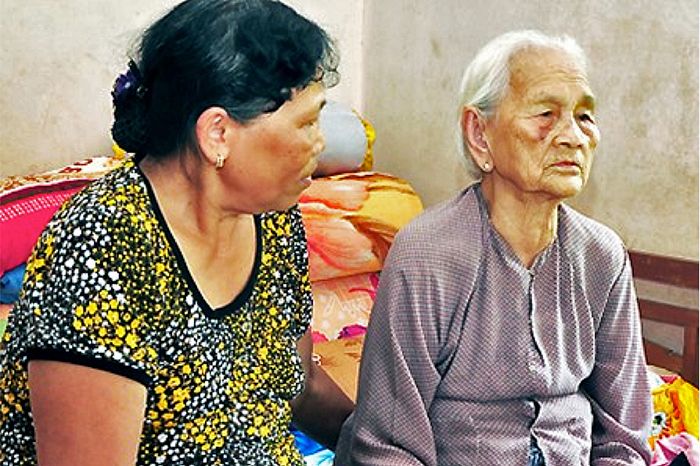Vietnamese are the largest nationality participating in Japan's Technical Intern Training Program, followed by Chinese, Indonesian and Thai.
According to a report by Nikkei Asian Review, last year, more than 7,000 foreign trainees in Japan fled their jobs because of harsh conditions such as long hours and employers refusing to pay full wages.
The majority of these trainees are from Japan's Technical Intern Training Program, a national training program established in 1993 by the Japan International Training Cooperation Organization (JITCO) with the aim of providing technical skill transfer to foreign nationals from developing economies. The program fits into a larger scheme of bringing foreign workers into Japan to fix its labor shortage problem.
Despite its original mission, recent reports have shed light on the program's various serious issues when it comes to ensuring the well-being of foreign employees. Since 2016, there is a 40% increase in people leaving their jobs. A survey by Japan's labor ministry in 2017 also reveals that 4,226 out of 5,966 workplaces investigated either refused to pay wages or imposed illegal overtime on interns. Earlier this year in March, a 24-year-old Vietnamese trainee in the program accused his employer of tricking him into cleaning up a high radiation area in Fukushima.
Amidst this worrying landscape, some grassroots efforts were established to help these foreign technical trainees. Bungo Okabe, for example, started a shelter home and support network.
The 36-year-old Okabe, whose Vietnamese name is Pham Nhat Vuong, was originally operating an eatery before he closed his business to focus on supporting runaway technical trainees by transforming a two-story house in Fukushima Prefecture into a shelter home. The shelter home now houses dozens of ex-trainees who left their jobs because of long hours, lack of payment, violence and abuse from co-workers and supervisors, and threats of forced return to Vietnam.
Okabe also established a labor union to offer free legal consultations and work with both Japanese and Vietnamese government agencies to help vulnerable interns get better jobs and protect their own rights. Yet, mistreatment towards foreign interns in Japan still remains prevalent without any systematic changes.
[Photo: Bungo Okabe (right) turns his house into a shelter home for downtrodden technical interns. (via Nikkei Asian Review/Eugene Lang)]














